So you’re a proud holder of an EU/EEA or Swiss passport and dreaming of turning your video calls into vídeo llamadas—ideally with the Mediterranean as your backdrop? Good news: as an EU or EEA citizen, you already have the right to live and work in Spain. No visa hoops to jump through.
But don’t pack your bags just yet—there’s still a bit of red tape to tango with. Spain might love spontaneity, but when it comes to paperwork? They’re sticklers for detail.
Let’s break it down into manageable steps so you can get settled, connected, and working remotely with peace of mind—and maybe a café con leche in hand.
What you don’t need as an EU/EEA or Swiss citizen citizen
Let’s start with the easy bit.
As an EU/EEA or Swiss citizen:
- You do not need a visa to live or work in Spain
- You can enter and stay without restrictions for up to 90 days
But if you’re planning to stay longer—and we assume you are—then comes the to-do list.
What you do need (after 90 days)
Once you’ve been in Spain for more than three months, you’re legally required to:
1. Register as a resident
You’ll need to visit the Oficina de Extranjería or police station in your area to get your Certificado de Registro de Ciudadano de la Unión (Green Certificate).
You’ll be issued a green card (yes, literally green) with your name, nationality, and NIE number.
2. Get your NIE (Número de Identificación de Extranjero)
This is your tax identification number, and you’ll need it for:
- Renting a flat
- Getting a mobile contract
- Opening a bank account
- Paying taxes
Sometimes, the NIE is issued alongside your residency registration. Other times, it’s a separate appointment. Ask locally—every region in Spain has its own “style”…
3. Show proof of income or employment
Spain wants to see that you’re self-sufficient. As a digital nomad, this usually means showing:
- Remote work contract(s) or freelance invoices
- Proof of income (bank statements, tax returns)
- Or proof of pension or savings if you’re semi-retired
4. Provide health insurance
If you’re not registered with Spain’s public healthcare system yet, you’ll need private health insurance with full coverage in Spain.
Later on, you may be eligible for convenio especial (public healthcare with a monthly fee) or through registration as self-employed (autónomo), if that applies.
5. Empadronamiento (register your address)
This is your local town hall registration—like saying, “Yes, I officially live here now.”
You’ll need:
- Passport
- Rental contract or utility bill
- Filled-in padrón form
This little slip of paper is more important than it looks—you’ll need it for nearly every admin step in Spain.
Can you work remotely as an EU citizen?
Absolutely. You’re free to work for any company, inside or outside of Spain. No extra permits are required.
However, if you’re staying long-term and paying taxes in Spain (which you likely will after 183 days), you’ll want to check:
- Whether to register as autónomo (freelancer)
- How to declare your foreign income
- What your tax obligations are—Spain is lovely, but Hacienda (the tax office) is not to be trifled with
A good gestor (local accountant or admin pro) can help smooth out the bumps.
EU citizen checklist (save this!)
- Passport or EU national ID
- Empadronamiento (address registration)
- NIE number
- Residency certificate (green card)
- Proof of income or employment
- Health insurance
- Optional: tax advisor or gestor
Next steps?
Already an EU citizen and ready to dive into the Spanish way of life?
If so, you’re just a few forms away from living the dream. And if you’re not from the EU, don’t worry—we’ve got a separate guide just for you.
👉 Click here if you are a non-EU citizen in need of a Digital Nomad Visa


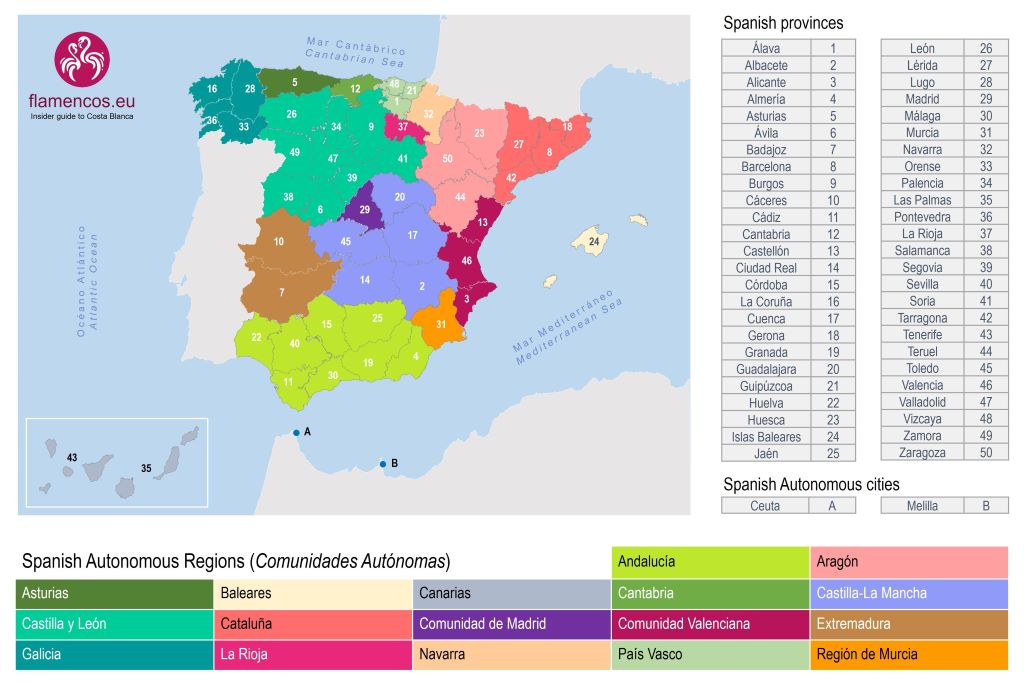
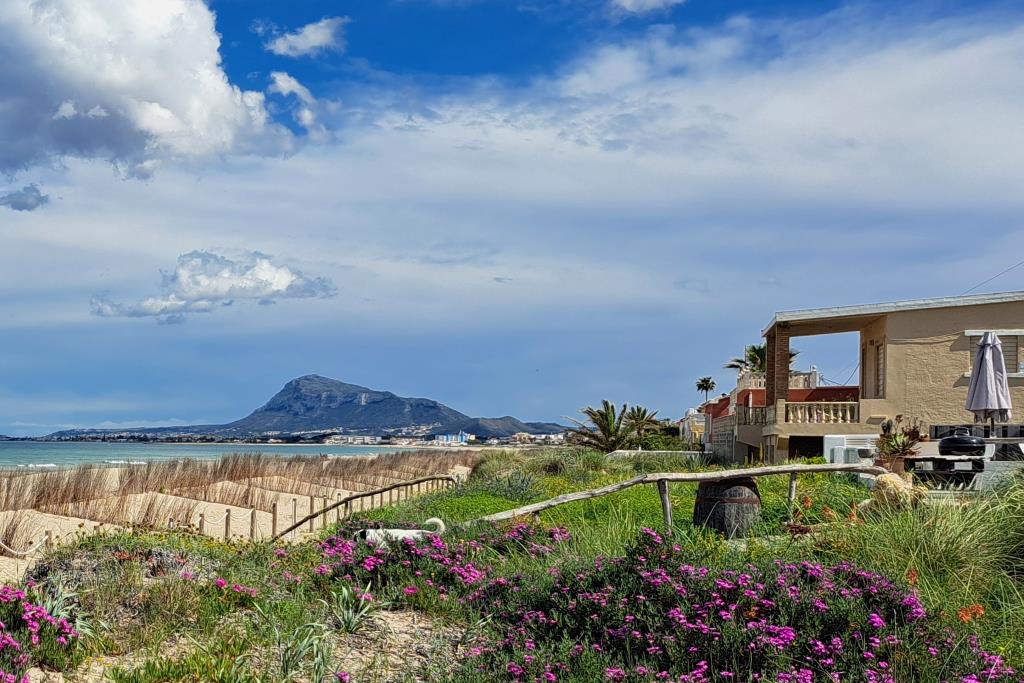
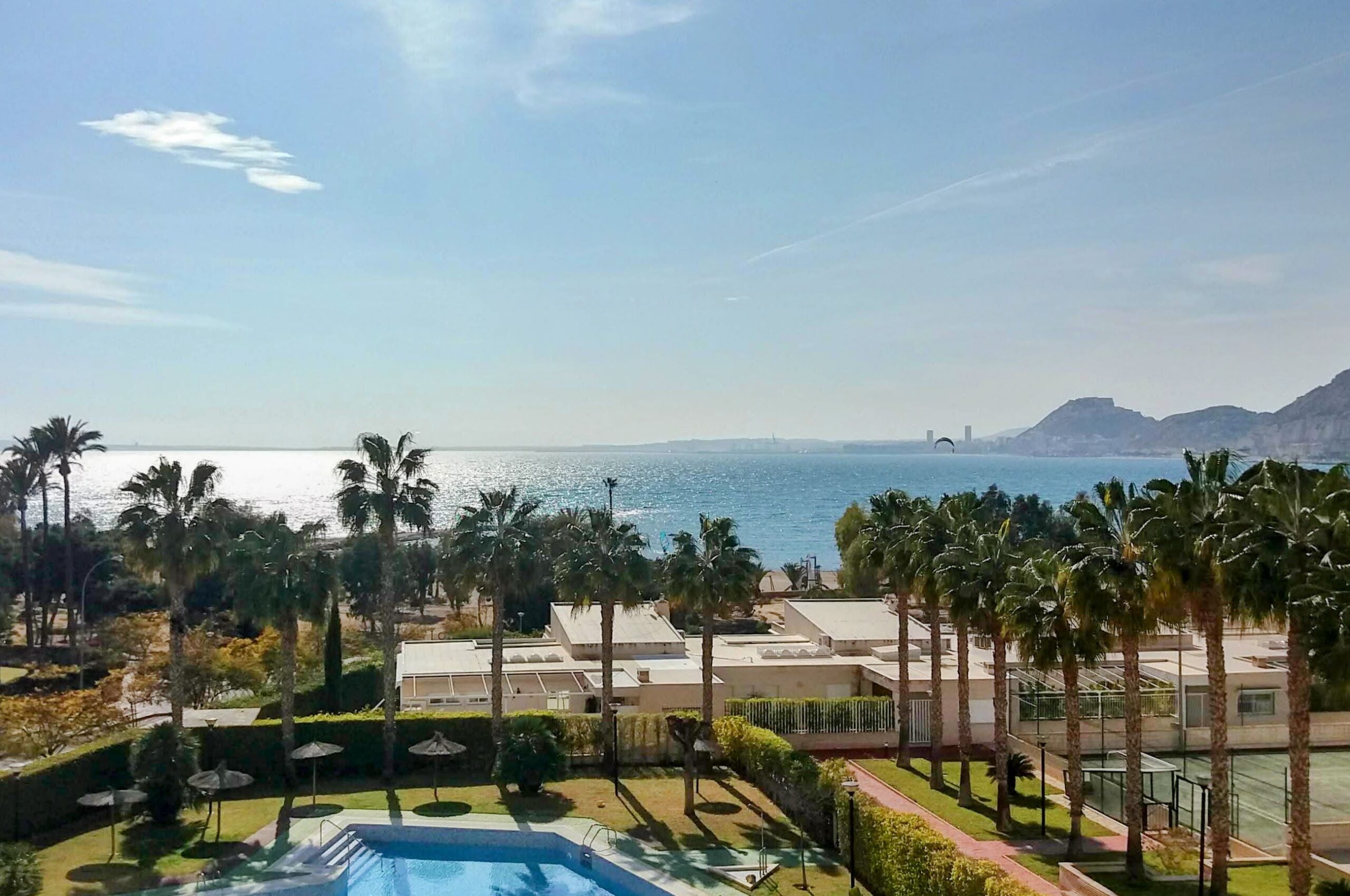
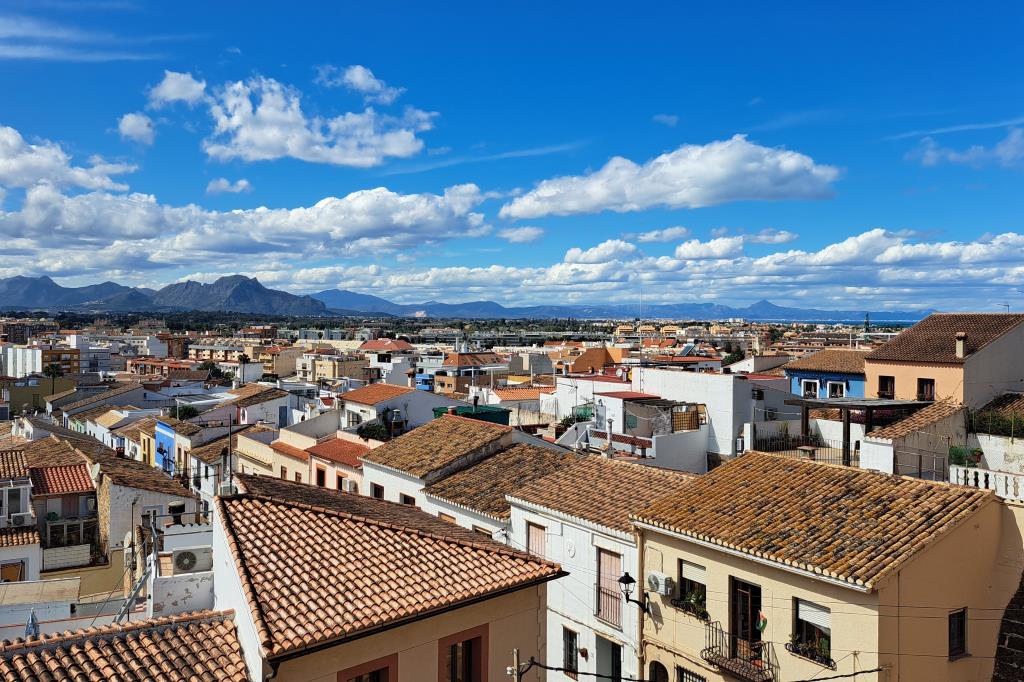


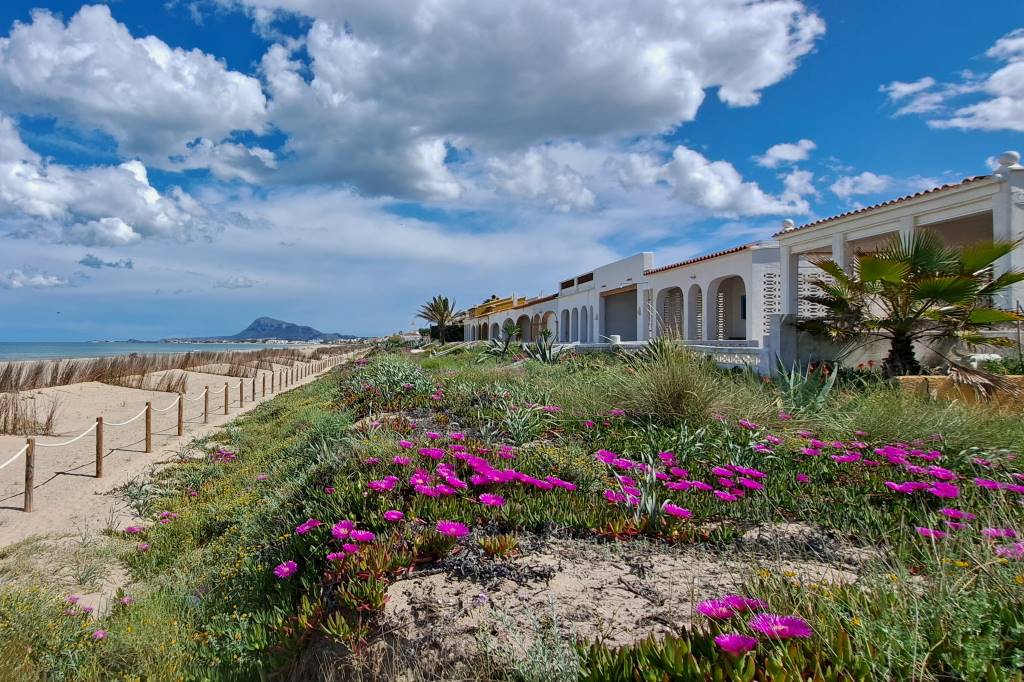

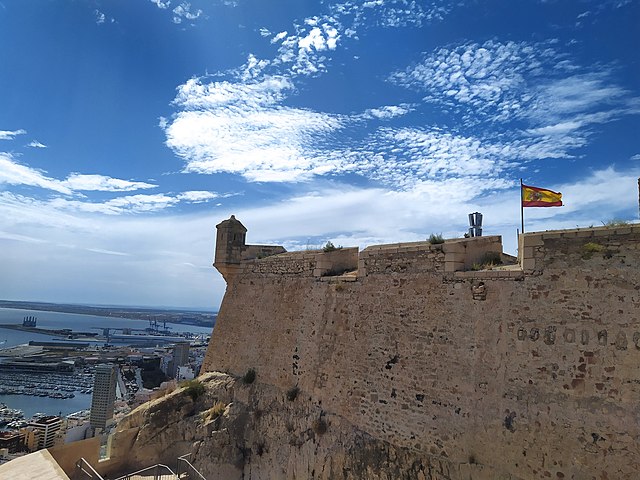
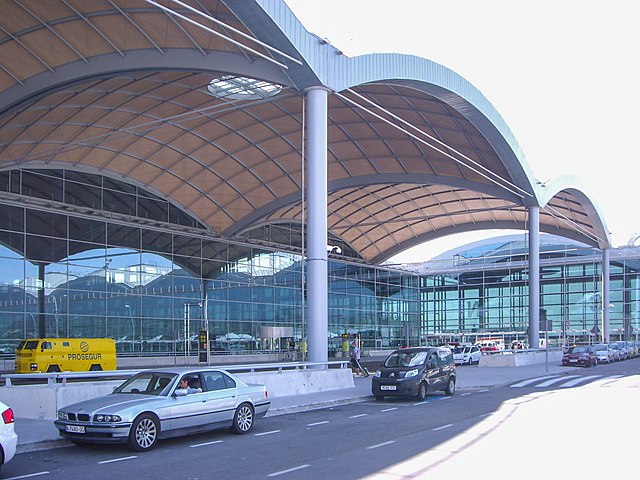
Leave a Reply
You must be logged in to post a comment.